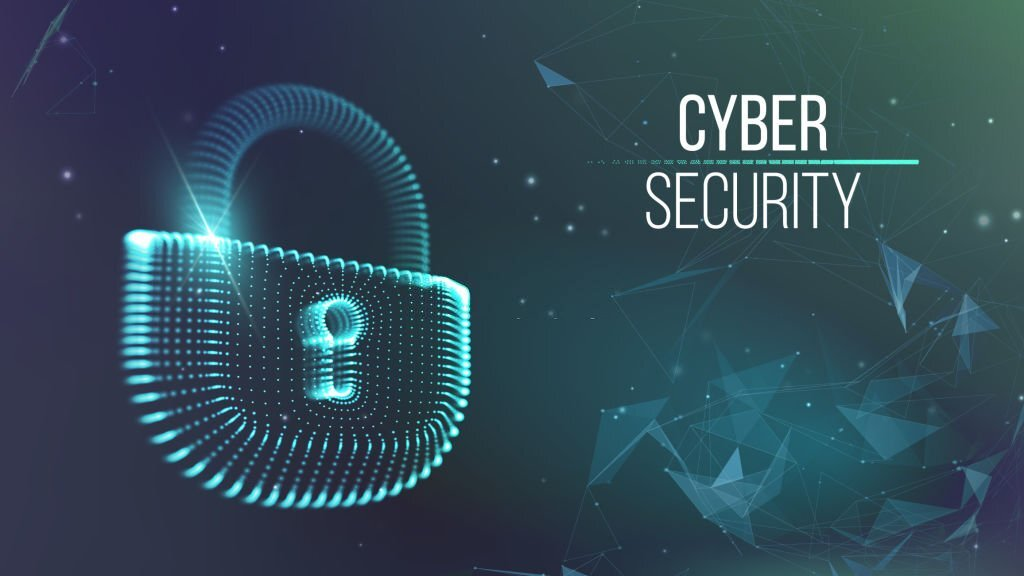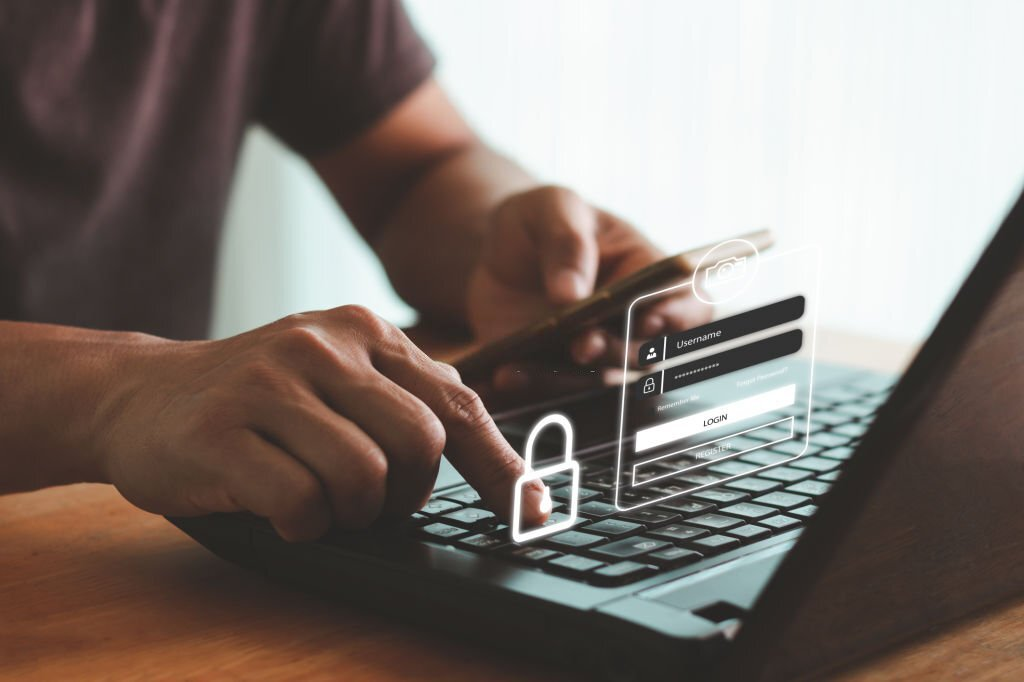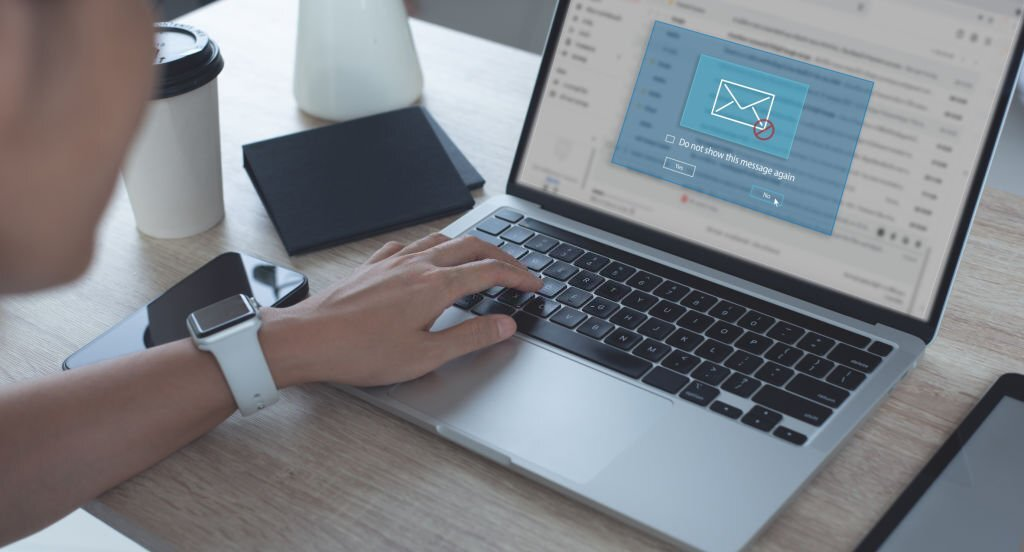
The world is now connected via the internet. You can use your social media accounts on multiple devices to stay connected. You can apply for jobs via digital apps like LinkedIn and Indeed. All banking services are accessible through smartphone apps too.
While this connectivity has made our lives so convenient, it has raised concerns about a major issue – user privacy.
You can use most of these apps and websites for free. But in turn, your privacy may be at risk. We can’t stop using modern technology. So, the only solution is to take measures for protecting your online identity and reputation in the digital world.
Safeguarding your private information is crucial. With the increasing prevalence of cybercrimes and scams, it’s important to take proactive measures to protect yourself. This informative guide will provide you with practical tips and strategies to ensure your online safety, prevent identity theft, and maintain a positive digital presence.
Table of Contents
ToggleHow to Protect Your Identity Online
Invest in a Comprehensive Security Setup
First and foremost, you need to secure your smart devices. For this purpose, invest in effective anti-malware tools.
Don’t give hackers an opportunity to ruin your privacy and peace of mind. Get a subscription to a reputable antivirus tool with a firewall. This combination offers a real-time monitoring feature and monitors incoming and outgoing traffic. It lets you monitor system traffic and can automatically block suspicious connection requests.

Be Careful What You Post Online
In the age of oversharing, be extra cautious about what you post online.
Remember, nothing is temporary on the internet, especially on social media. Even if you delete a post or personal picture, others may have already seen it. And the worst-case scenario, someone might have captured a screenshot.
So, think before you share any content.
Don’t disclose sensitive personal information on social media – your date of birth, location, and important life events. You may simply want to get more likes with this content. But people can find too much about you with such posts. And if you use any of this personal information as your password, cybercriminals will find it easier to crack account passwords.
Always Create Strong Passwords
It may be easier to remember easy passwords. But they can pose threats to your privacy. So, always set strong passwords. It should be a combination of letters, numbers, and special characters so it’s harder to guess for unauthorized users. And make sure you don’t share these passwords with anyone else.
Also, never use the same password for all websites. If someone cracks the password of a single account, they will be able to access other accounts with the same credentials.

Now you may struggle to remember all these difficult password combinations, right? So, there are two solutions.
You can note them down in your personal diary. But keeping this diary away from the reach of others may not always be possible.
So, a better solution to prevent online identity theft is to use a secure password manager. It can protect all your passwords and let you access password details by entering a master password. So, instead of trying to remember so many passwords, you need to remember just one master password.
Regularly Update Your Passwords
Using strong passwords reduces the risk of security breaches. But these measures may not be enough. Though it may take longer, hackers may find a way to crack the strongest of passwords.
But don’t worry, you can stay safe by regularly updating your account passwords. It’s ideal to update your passwords every three months to maintain optimal security.
Learn About Phishing Scams
Do you want to know how to protect your identity online? Then the best approach is to familiarize yourself with common cyber security threats and take measures to stay safe.
Phishing scams are a common weapon of scammers to steal your private information. They may send malicious links in the disguise of authentic emails or messages.
For instance, you may receive an email that looks like it was sent from a reputable company like Amazon. The email may ask you to verify your account details or confirm an order by clicking a link in the email. But it’s actually a virus that can infect your system and steal your information.
So, develop a healthy skepticism and verify the authenticity of requests for personal information before clicking a link or downloading a data file.

Don’t Befriend Everyone on Social Media
The main benefit of social media platforms is the ease of connecting and socializing with others. But this doesn’t mean you should befriend anyone you meet online.
When engaging with other social media users, prioritize authenticity. Ideally, you should accept friend requests only from people you know in the real world. But if you want to make new friends, practice caution when it comes to trusting strangers.
Create a network of trusted connections. Be careful with sharing personal information. Further, listen to your gut feeling and stay safe.
Monitor and Protect Your Finances
In order to protect your online identity and reputation, you need to monitor your financial information.
Keep an eye on your credit report and bank accounts. Look out for unknown transactions on your credit card. When scammers get a hold of credit card details, they often try to use them for online shopping. In case of such suspicious transactions, alert your bank at the earliest and cancel your card.
Also, you can set alerts to notify you about bank account usage so you can take action before it’s too late.
Monitor your credit report too. This way, you can ensure no unknown credit cards or lines of credit were issued in your name.

Safeguard Against Public Wi-Fi Risks
Public Wi-Fi networks aren’t always safe to use and can pose significant security threats. So, avoid connecting to them whenever possible.
With public Wi-Fi networks transmitting information in an unsafe way, hackers may break into the system to position themselves between your device and the connection point. Then they would get a hold of your information and cause you harm with misuse of sensitive data.
So, try to avoid public Wi-Fi even if it’s free!

Conclusion
Protecting your online identity and reputation should be your top priority in today’s digital landscape. By implementing the strategies outlined in this comprehensive guide, you can significantly reduce the risk of falling victim to identity theft and maintain a positive reputation.
Remember, being proactive and staying informed are key to ensuring your online privacy!
